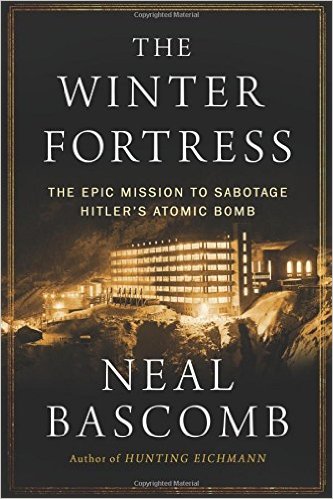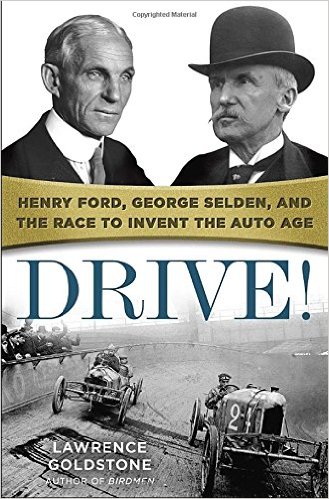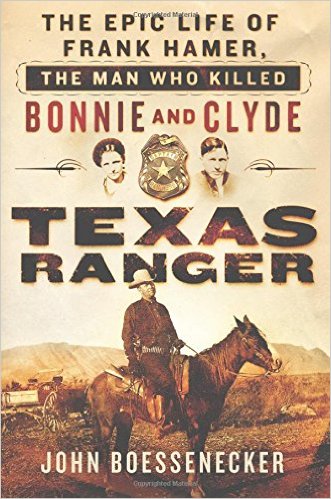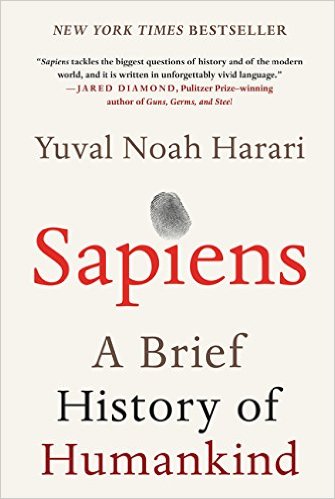Recommended History Books
(Amazon LINKS)
The Winter Fortress: The Epic Mission to Sabotage Hitler’s Atomic Bomb
It’s 1942 and the Nazis are racing to be the first to build a weapon unlike any known before. They have the physicists, they have the uranium, and now all their plans depend on amassing a single ingredient: heavy water, which is produced in Norway’s Vemork, the lone plant in all the world that makes this rare substance. Under threat of death, Vemork’s engineers push production into overdrive.
For the Allies, the plant must be destroyed. But how would they reach the castle fortress set on a precipitous gorge in one of the coldest, most inhospitable places on Earth?
Drive!: Henry Ford, George Selden, and the Race to Invent the Auto Age
In 1900, the Automobile Club of America sponsored the nation’s first car show in New York’s Madison Square Garden. The event was a spectacular success, attracting seventy exhibitors and nearly fifty thousand visitors. Among the spectators was an obscure would-be automaker named Henry Ford, who walked the floor speaking with designers and engineers, trying to gauge public enthusiasm for what was then a revolutionary invention. His conclusion: the automobile was going to be a fixture in American society, both in the city and on the farm—and would make some people very rich. None, he decided, more than he.
Drive! is the most complete account to date of the wild early days of the auto age. Lawrence Goldstone tells the fascinating story of how the internal combustion engine, a “theory looking for an application,” evolved into an innovation that would change history. Debunking many long-held myths along the way, Drive! shows that the creation of the automobile was not the work of one man, but very much a global effort. Long before anyone had heard of Henry Ford, men with names like Benz, Peugeot, Renault, and Daimler were building and marketing the world’s first cars.
Texas Ranger: The Epic Life of Frank Hamer, the Man Who Killed Bonnie and Clyde
To most Americans, Frank Hamer is known only as the “villain” of the 1967 filmBonnie and Clyde. Now, in Texas Ranger, historian John Boessenecker sets out to restore Hamer’s good name and prove that he was, in fact, a classic American hero.
From the horseback days of the Old West through the gangster days of the 1930s, Hamer stood on the frontlines of some of the most important and exciting periods in American history. He participated in the Bandit War of 1915, survived the climactic gunfight in the last blood feud of the Old West, battled the Mexican Revolution’s spillover across the border, protected African Americans from lynch mobs and the Ku Klux Klan, and ran down gangsters, bootleggers, and Communists. When at last his career came to an end, it was only when he ran up against another legendary Texan: Lyndon B. Johnson.
Sapiens: A Brief History of Humankind
From a renowned historian comes a groundbreaking narrative of humanity’s creation and evolution—a #1 international bestseller—that explores the ways in which biology and history have defined us and enhanced our understanding of what it means to be “human.”
One hundred thousand years ago, at least six different species of humans inhabited Earth. Yet today there is only one—homo sapiens. What happened to the others? And what may happen to us?
Most books about the history of humanity pursue either a historical or a biological approach, but Dr. Yuval Noah Harari breaks the mold with this highly original book that begins about 70,000 years ago with the appearance of modern cognition. From examining the role evolving humans have played in the global ecosystem to charting the rise of empires, Sapiens integrates history and science to reconsider accepted narratives, connect past developments with contemporary concerns, and examine specific events within the context of larger ideas.










